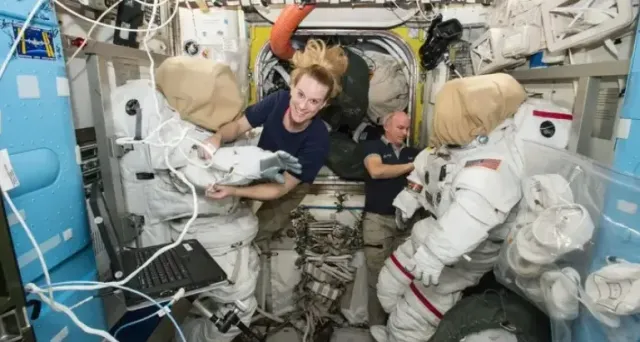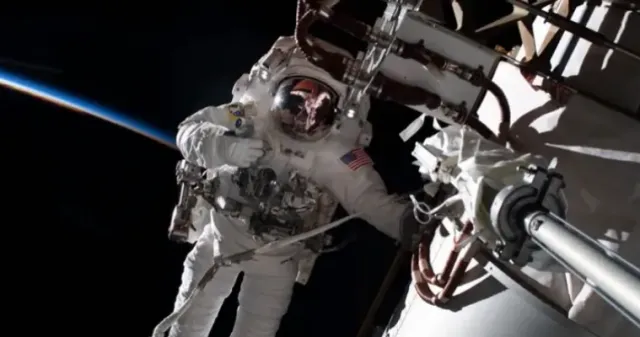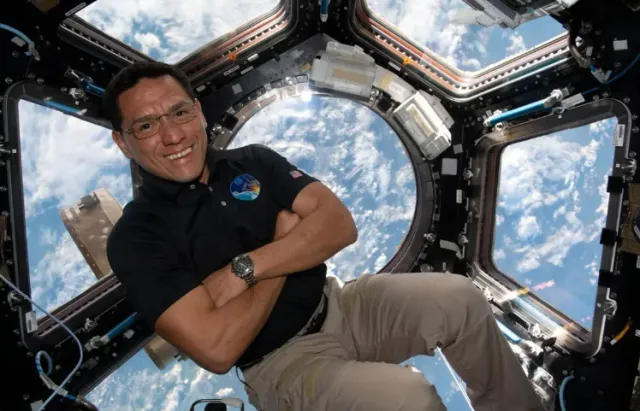The extreme cleanliness of the Space Station may be harming astronauts’ health. Scientists are investigating how microbial balance affects immune function in space.
The hidden health risks of a sterile environment
Astronauts aboard the International Space Station frequently experience rashes, allergies, and infections such as fungi, cold sores, and shingles.
Researchers believe the root cause is an extreme lack of microbial diversity.
Unlike on Earth, where people encounter a variety of microbes from soil, water, and air, the ISS is an enclosed system with limited microbial exposure.
This imbalance could weaken astronauts’ immune systems and contribute to chronic inflammatory conditions.

Why the space station lacks microbial diversity
While astronauts bring bacteria from their bodies, essential free-living microbes from Earth’s natural environments—such as those found in soil and water—are absent.
Rob Knight, director of the Center for Microbiome Innovation at the University of California, San Diego, explains:
“There’s a big difference between exposure to healthy soil from gardening versus stewing in our own filth, which is kind of what happens if we’re in a strictly enclosed environment with no ongoing input of those healthy sources of microbes from the outside.”
To understand how this affects astronaut health, researchers from UC San Diego and NASA analyzed microbial samples from the station.
More than 700 surface swabs were collected by astronaut and microbiologist Kathleen Rubins and her crew.
Their findings, published in Cell, revealed that while human-associated bacteria were present, beneficial microbes from Earth’s ecosystems were almost nonexistent.

The impact of limited hygiene in space
Beyond microbial imbalance, the daily routines of astronauts may also contribute to skin issues and immune-related symptoms.
Maintaining hygiene in microgravity is challenging.
“We don’t have showers on the ISS and can only use a small amount of water to wash. We wear our clothes for two weeks straight because we don’t have a way to do laundry in space,” said Rubins.
Without regular washing and fresh clothing, astronauts’ skin becomes more susceptible to irritation and infections.

Bringing microbial balance to the space station
To support astronaut health, scientists are exploring ways to safely introduce beneficial microbes into space habitats.
Knight emphasizes the importance of microbial diversity:
“Your immune system needs exposure to a wide range of beneficial microbes from places like soil, healthy animals, and healthy plants.”
Finding the right balance between sterility and microbial diversity is crucial for long-term space missions. As Rubins notes:
“We probably need to bring a little more of the outdoors inside. But we have to do that safely so we don’t have fungal overgrowth or anything pathogenic.”
Preparing for future space missions
As humanity moves toward long-duration space travel, understanding how to create a balanced microbial environment will be essential.
Future missions must ensure astronauts maintain strong immune systems by reintroducing key microbial species in a controlled and safe manner.